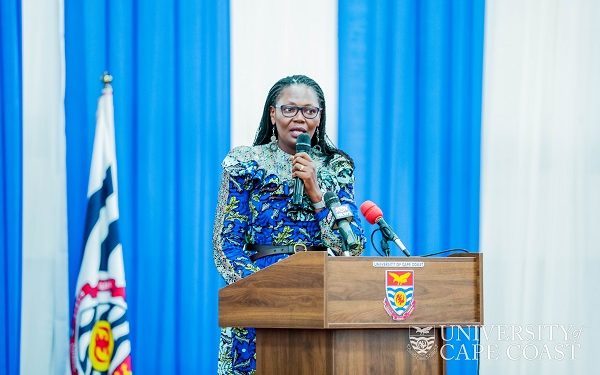A Senior Research Fellow at the Noguchi Memorial Institute for Medical Research, Dr. Anita Ghansah says in Ghana’s bit to control malaria towards its elimination, scientists and medical experts are interested in the use of malaria genomics.
According to her, malaria genomics assists in understanding the diversity of the malaria parasite in order to track emerging resistant parasites which in the end information gathered helps the National Malaria Control Programme devise strategies for the use of their interventions.
“If we get this information, it will help in the malaria control programme strategize on the use of their interventions and it will make a huge impact in malaria control towards elimination in the country. If there are any emerging resistant parasites, we will be able to curtail it or contain it to where it is occurring before it spreads” she said.
Dr. Anita Ghansah was speaking at the ongoing three-day 13th Convention of Biomedical Research (CoBReG) and the first College of Health and Allied Sciences (CoHAS) joint meeting being held at UCC.
Her presentation was on the topic, “From Genome to Policy: Unveiling the importance of Genomics in Public Health in Ghana.”
She notes that there is huge data in the form of the genomes of organisms including the malaria parasite that has been sequenced, giving them an opportunity to explore the genome to understand the biological customs.
She further stressed the need to demystify the knowledge Ghanaians have about genomics even as Ghana like the global community seeks to ensure healthy lives and promote well-being for all at all ages by 2030.
To her, there is also the need to train people in the field of bioinformatics with computational skills to enable them to analyze the huge biological data provided through genomic sequencing.
Read also: UCC: OIR urges students to enroll in study abroad programs
Source: Rosemond Asmah/ATFLMNEWS


























